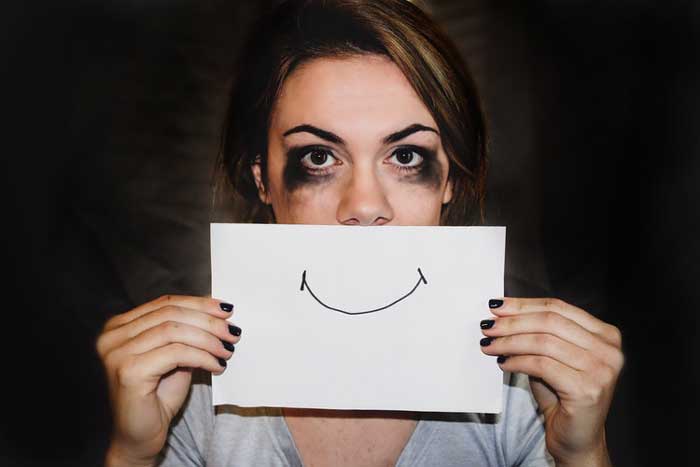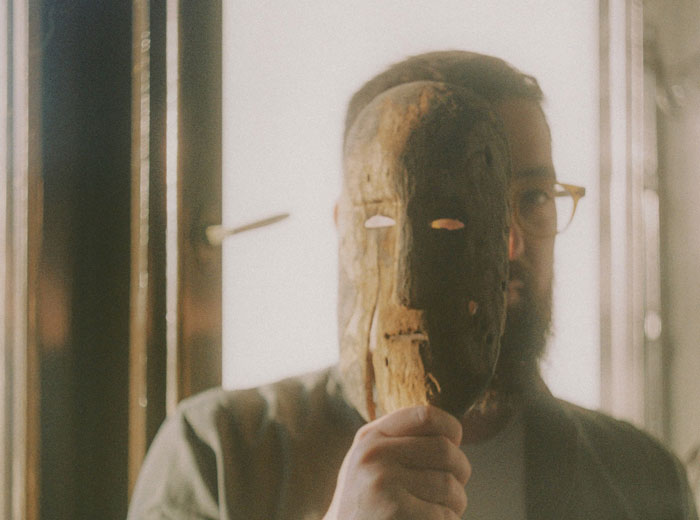Bipolar disorder is something that requires awareness. Make sure you know the symptoms, harbingers, and what to do to help those afflicted.
Bipolar disorder is not just a bad mood
It’s one thing when we have a mood shift – we all do, many times per day sometimes – but for people with bipolar disorder it is a different proposition altogether. The condition was formerly known by the term „manic depression“ showing how acute these two dissimilar states are. It is far more than just mood shifts with such people, their energy is affected, behavior and mindset become different unexpectedly. Everything is ruled by either a maniacal state of precarious excitement or the lowest pitch of depression. Both states are unusually lasting, they may hold strong for weeks and even months on end. And while they last, they are so strong that they disrupt everything you do: schooling, discharging duties, going about your day-to-day activities. They break your relationships.
A manic stretch gives you enough energy to go with very little sleep, and you act without due consideration – you can chuck your job, clock up enormous credits, you are so sure everything will work out fine.
When energy dries up, and you glide into a depressive stretch, you don’t feel like getting up at all, and you break out in cold sweat when you think what hot water you landed yourself into.
How come an individual becomes afflicted with the polar disorder is not yet clear, but it can be passed down through generations. As a rule, the initial onset of the condition can be observed during teens or soon afterward. At first, the symptoms are usually hazy and can be overlooked easily – taken for mere mood shifts. It is very unfortunate, for bipolar disorder is known to get worse if untreated. Therefore, it is highly desirable to be able to recognize the symptoms so as to make a timely diagnosis and do everything possible not to derail your life.
Symptoms of bipolar disorder

Bipolar disorder comes in a number of distinctive types.
- Bipolar I disorder. There was minimum one manic stretch with a depressive stretch leading up to it or following it. When it comes to the worst, the manic period can end in breaking away from reality, the condition known as psychosis.
- Bipolar II disorder. There was minimum one depressive stretch and a hypomanic stretch, but it didn’t get around to a manic one.
- Cyclothymic disorder. Two or more years (one with the younger guys) stretches of hypomania and depression succeed each other, but they are not very severe.
- Other types. They are a number of disorders of similar kinds brought on by alcohol or drug abuse or medical issues like stroke or multiple sclerosis.
You can’t consider bipolar II disorder to be a mild version of bipolar I disorder – it is a separate condition. Bipolar I disorder is marked with manic periods that can be quite dangerous, whereas bipolar II disorder leaves its victims depressed, which, after long periods, can result in grave impairment.
All ages are, sadly, susceptible to bipolar disorder (although the peak of diagnosing falls on late teens and early 20s) displaying various symptoms. Also, symptoms are subject to change with the passing of time.
Mania and hypomania

These two are different conditions, although evincing similar symptoms. Mania is the worse of them, creates more stringent problems in all spheres of life, and aggravates relationships. Getting out of hand, mania can completely sever the connection with reality and land the afflicted in the hospital with a bad case of psychosis.
Both these conditions usually display at least three of the following symptoms:
- a heady feeling of overwhelming optimism or acute irritability;
- the fantastic notion of your own great ability to achieve everything easily;
- taking only a short sleep but remaining high on energy;
- fast speech you seem to stumble over your own words;
- thoughts keep racing, changing one another with great speed;
- being distracted easily, never focusing on one single thing;
- impulsive decisions and actions not based on reasoning;
- rash actions that can lead to dire consequences;
- at worst, hallucinations and unrealistic notions.
Major depressive episode
When the afflicted individual plunges into a depressive state, it is so grave that it obstructs going about daily business, attending school, being socially active, and maintaining relationships. The state should display at least five of the following symptoms:
- sinking into depression, sadness, feeling hopeless, totally ineffective and often on the verge of tears. Younger ones can express their moodiness by being irritable;
- complete disinterestedness in anything, inability to derive pleasure from activities;
- unexplainable loss of appetite or ravenous eating, followed by weight loss or gain, respectively;
- too little or too much sleep;
- movements and actions are either too slow or too rapid;
- little energy, getting tired quickly;
- being overwhelmed by undue feelings of guilt or worthlessness;
- inability to think straight, concentrate, make decisions;
- recurrent thoughts of suicide, planning, or even trying to end life.
What else there is to know about bipolar disorder symptoms

Actually, bipolar disorders manifest themselves in many ways, often encompassing psychosis, constant distress or anxiety, melancholic spells, and more. These can become stronger during pregnancy and grow less or more intense depending on the season. Also, cycles can change each other more slowly, more quickly or even come out of order.
There can occur a mixed episode
Bipolar disorder can confusingly evince mixed symptoms, that is, mania, hypomania, and depression can be manifested practically simultaneously. Depression can be broken by fits of irritability, then the sufferer gets alternatively agitated, anxious; his thoughts race at one moment and become languid in the next. You are easily distracted to the extent of not being able to go to sleep at night.
What to do if I might be suffering from bipolar disorder?

You may have the polar disorder if you feel elevated due to the period of euphoria and very high productivity. But you know that sooner or later you will wake up to find high spirits gone and in ist place a quagmire of depression. What’s more, your euphoria may have left you with a handful of all sorts of problems.
Should you suspect that it describes your case and your euphoria strongly resembles mania, consult a doctor specializing in mental troubles. The condition is bound to get worse with time, and you need professional treatment to help you regain control over your emotional states and your life in general.











